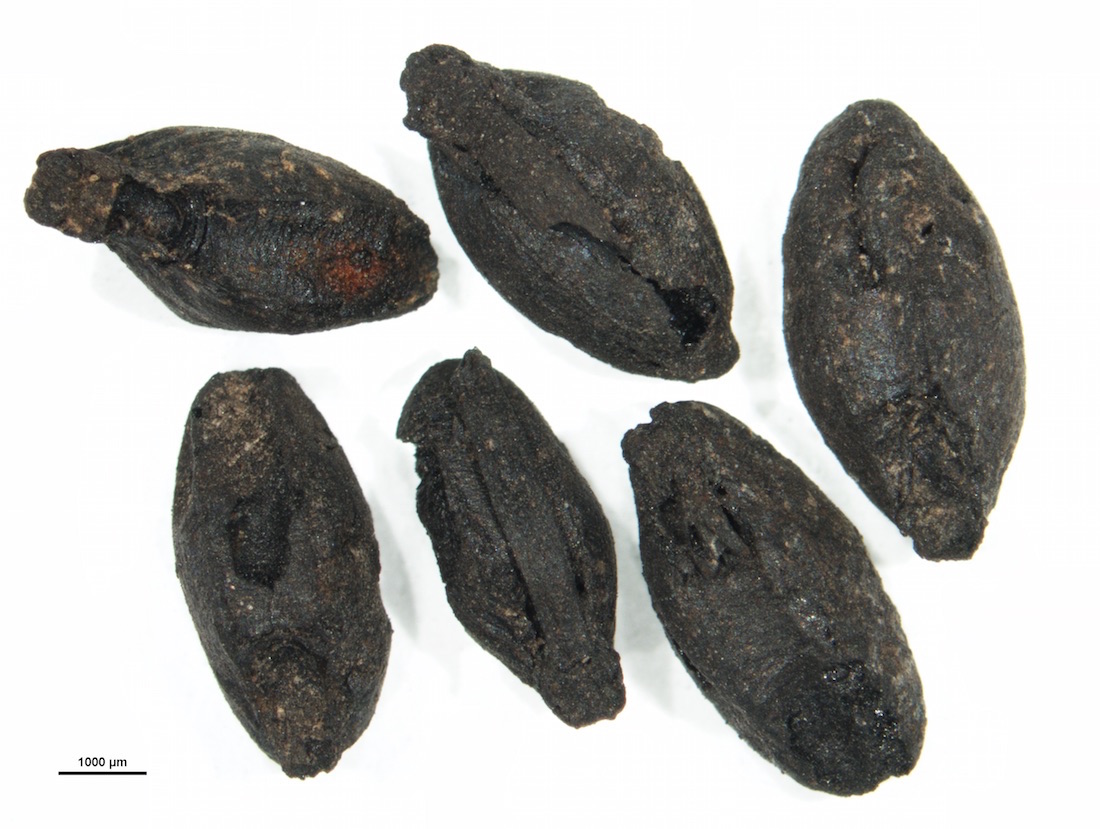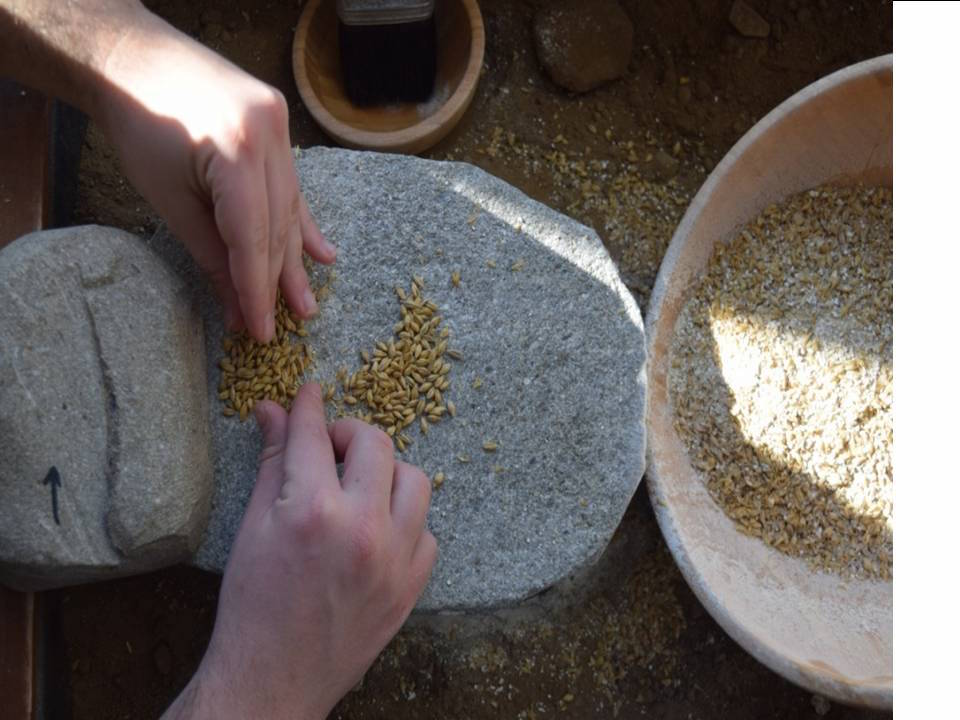Ancient Ale: Oldest Beer in Greece Dates to Bronze Age

The ancient Greeks may have liberally indulged in wine, but that's not the only alcoholic beverage they imbibed, according to a new study that describes the discovery of two potential Bronze Age breweries.
The "stout" discoveries mark what may be the oldest beer-making facilities in Greece and upend the notion that the region's ancient go-to drink was only wine, the researchers said.
"It is an unexpected find for Greece, because until now all evidence pointed to wine," study researcher Tania Valamoti, an associate professor of archaeology at Aristotle University of Thessaloniki, in Greece, told Live Science. [Raise Your Glass: 10 Intoxicating Beer Facts]
The finding hints that prehistoric Greeks were "using alcoholic drinks for feasts all year-round, instead of just on a seasonal basis," when grapes were ripe, Brian Hayden, a professor of archaeology at Simon Fraser University, in British Columbia, Canada, who wasn't involved with the study, told Live Science.
Beer time
Archaeologists found the remains of several buildings that may have been used for beer making: some at Archondiko in northern Greece, and another at Agrissa, a site south of Archondiko on the eastern side of Greece. Both sites had been wrecked by fire, which turned them into time capsules of sorts, Valamoti said. After the fire, the prehistoric people appear to have moved out, leaving countless burned artifacts behind, including the remains of sprouted cereal grains.
At Archondiko, archaeologists found about 100 individual sprouted cereal grains dating to the early Bronze Age, from about 2100 to 2000 B.C. At Agrissa, they found about 3,500 sprouted cereal grains dating to the middle Bronze Age, from about 2100 to 1700 B.C.
The discovery of sprouted cereal grains is significant: To make beer, a brewer sprouts cereal grains (a process known as malting), which changes the grain's starch into sugars. This sprouting process is then interrupted by roasting the grain. Next, the grains are coarsely ground and mixed with lukewarm water to make wort, which helps convert the remaining starches into sugars. Finally, during alcoholic fermentation, "the sugars in the malt are used by yeast, which is present in the air or introduced with grapes or from other sources," Valamoti wrote in the study.
Sign up for the Live Science daily newsletter now
Get the world’s most fascinating discoveries delivered straight to your inbox.
"I'm 95 percent sure that they were making some form of beer," Valamoti said. "Not the beer we know today, but some form of beer."

In addition, archaeologists found a two-chambered structure at Archondiko that "seems to have been carefully constructed to maintain low temperatures in the rear chamber, possibly even below 100 degrees Celsius [212 degrees Fahrenheit]," Valamoti wrote in the study. Given that a temperature of 158 degrees F (70 degrees C) is ideal for preparing the mash and wort, it's possible that ancient people used this structure during the beer-making process, she said. [The 7 Most Mysterious Archaeological Discoveries]
There were even special cups — 30 at Archondiko and 45 in the Agrisso house — near the sprouted grains, suggesting they may have been used to serve beer. However, the Archondiko cups were difficult to drink from, so it's possible that thirsty people there sipped beer through straws, Valamoti said.
She noted that although the discovery may be the oldest-known evidence of beer in Greece, it's not the oldest in the world, and beer isn't even the oldest alcohol on record. Prehistoric people appear to have discovered wine first, as there is evidence of wine residue on pottery from about 6000 B.C. in Georgia, Live Science previously reported, as well as from the sixth millennium B.C. in Iran and the fifth millennium B.C. in Armenia and Greece, Valamoti said.
As for beer, Egyptian records show that people drank it as early as the mid-fourth millennium B.C., and people in the Near East slurped down the amber liquid as early as 3200 B.C., according to the study.
"Textual evidence from historic periods in Greece clearly shows that beer was considered an alcoholic drink of foreign people, and barley wine a drink consumed by the Egyptians, Thracians, Phrygians and Armenians, in most cases drunk with the aid of a straw," Valamoti wrote in the study.
The finding, which was funded in part by the European Research Council project "PlantCult," was published online Dec. 30, 2017, in the journal Vegetation History and Archaeobotany.
Original article on Live Science.

Laura is the archaeology and Life's Little Mysteries editor at Live Science. She also reports on general science, including paleontology. Her work has appeared in The New York Times, Scholastic, Popular Science and Spectrum, a site on autism research. She has won multiple awards from the Society of Professional Journalists and the Washington Newspaper Publishers Association for her reporting at a weekly newspaper near Seattle. Laura holds a bachelor's degree in English literature and psychology from Washington University in St. Louis and a master's degree in science writing from NYU.









